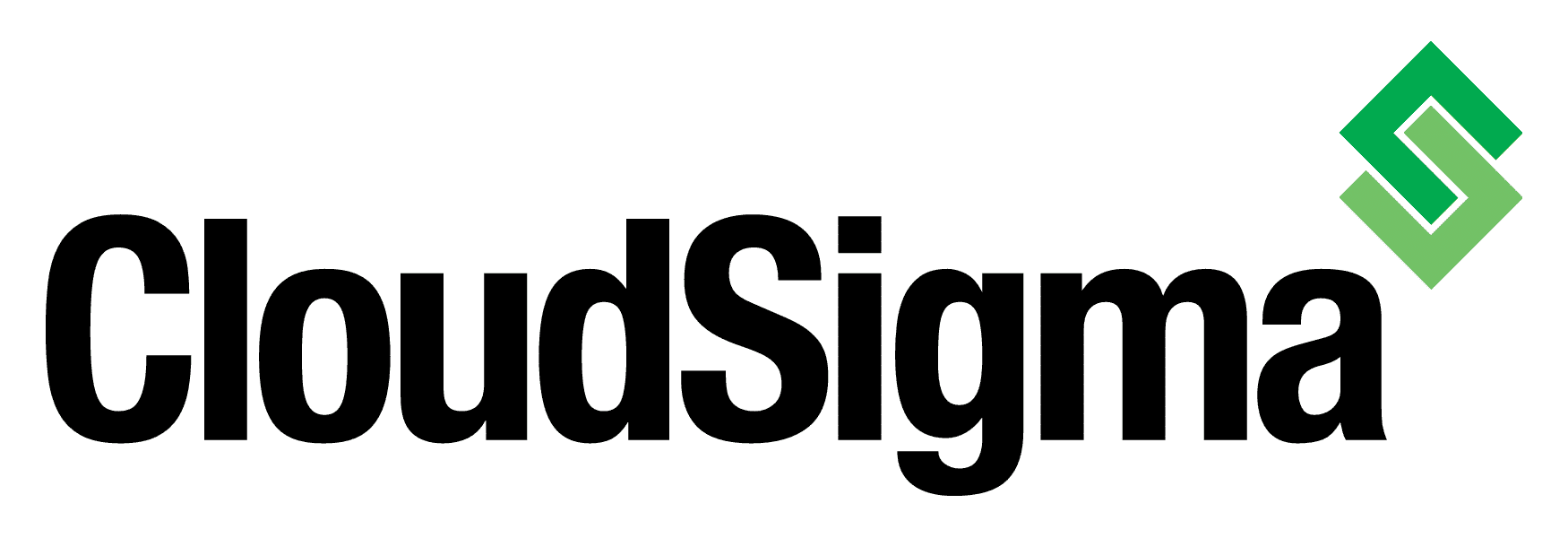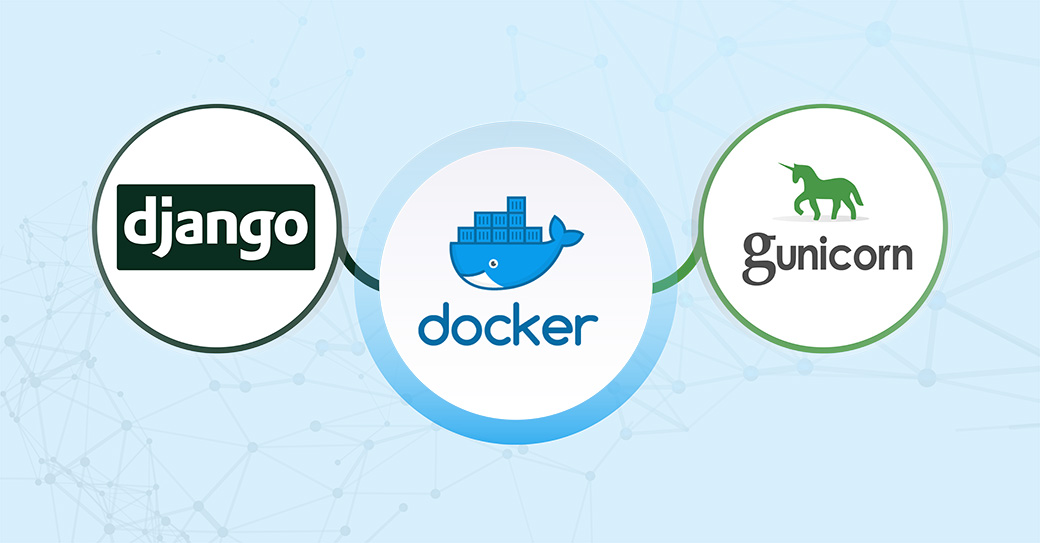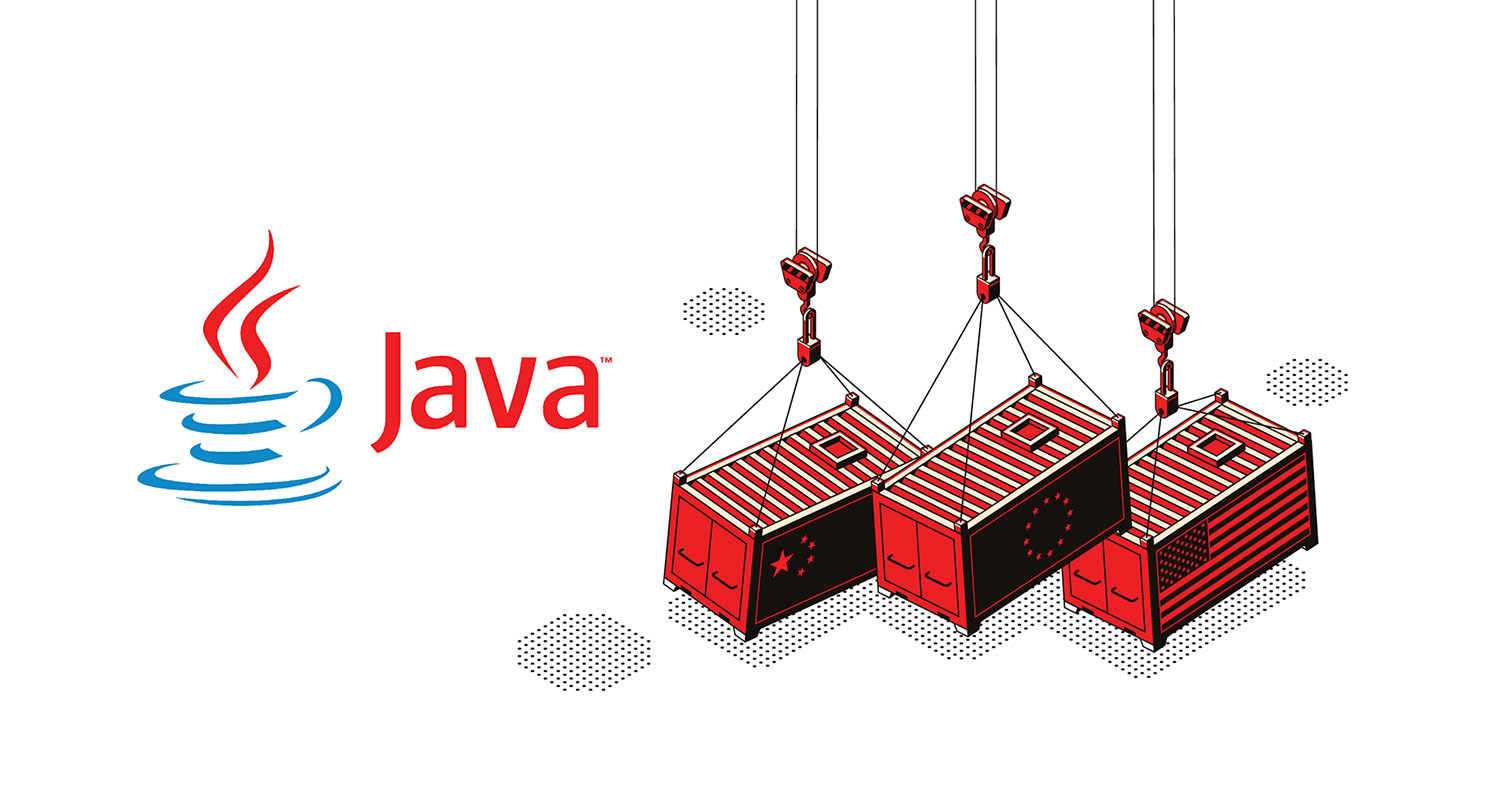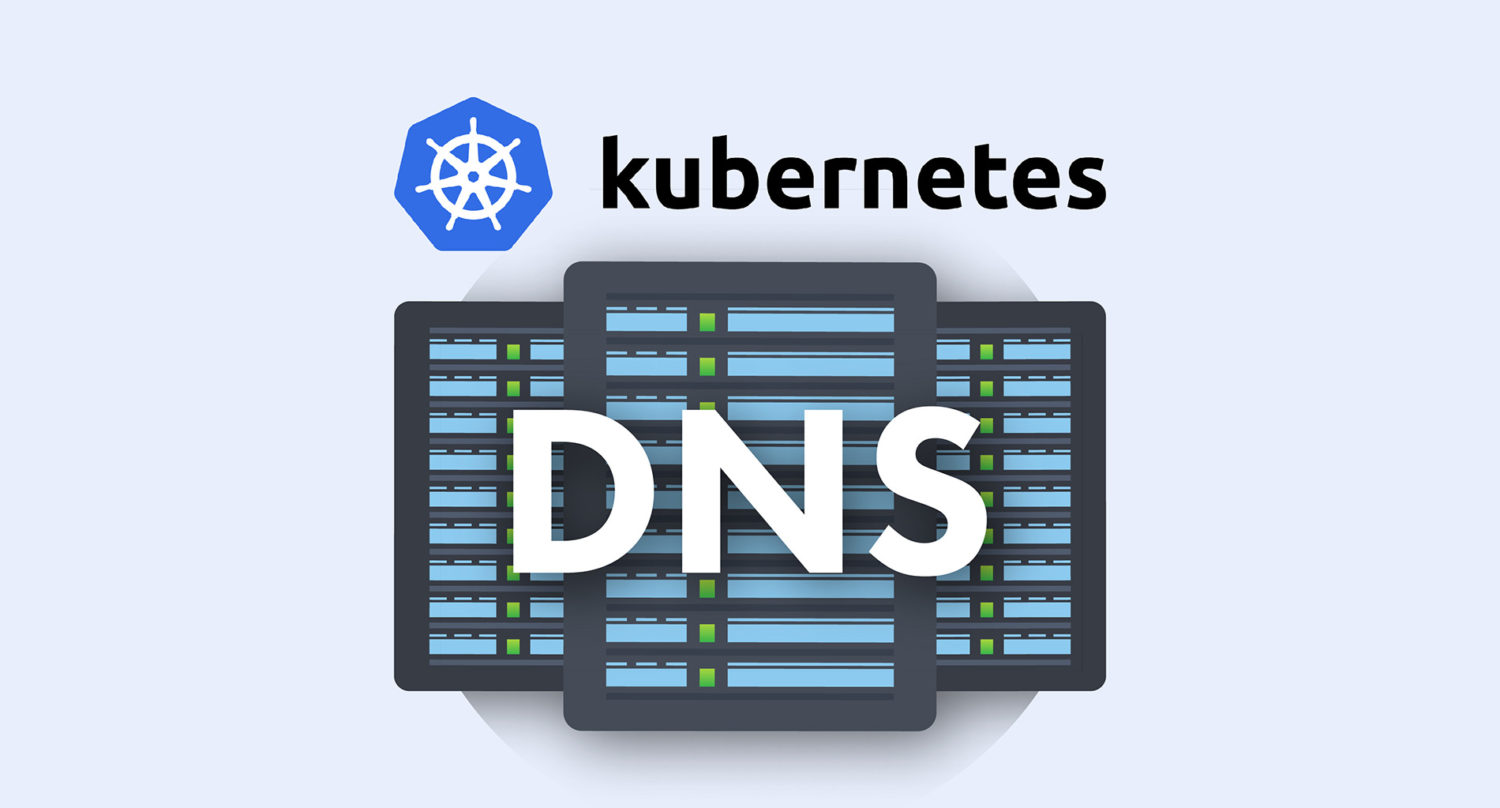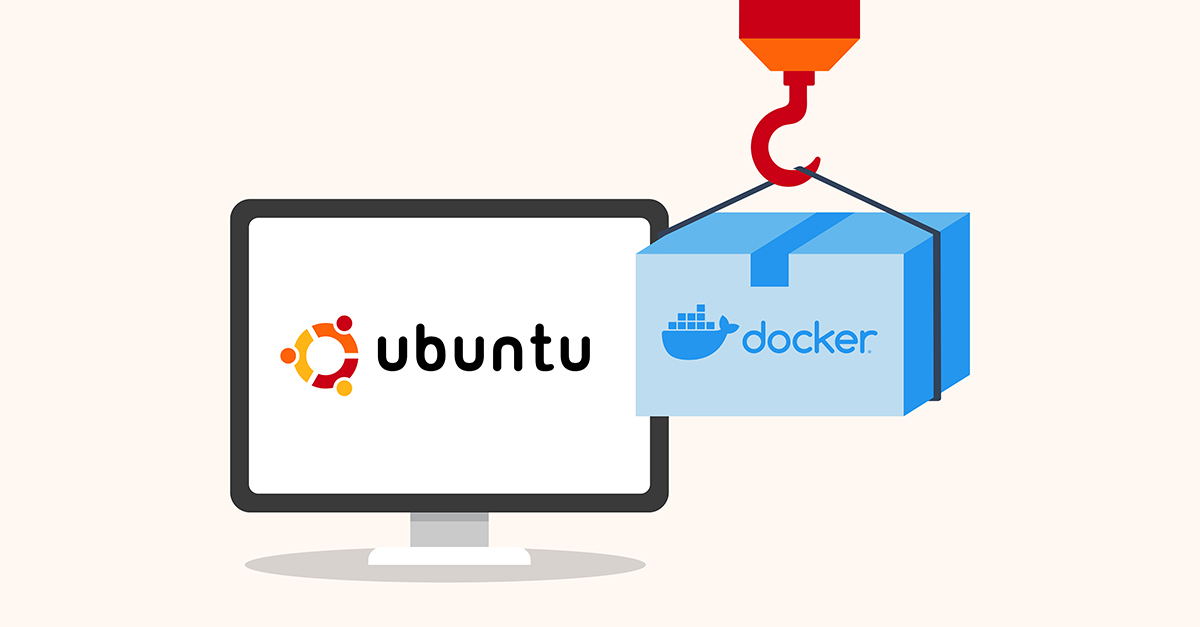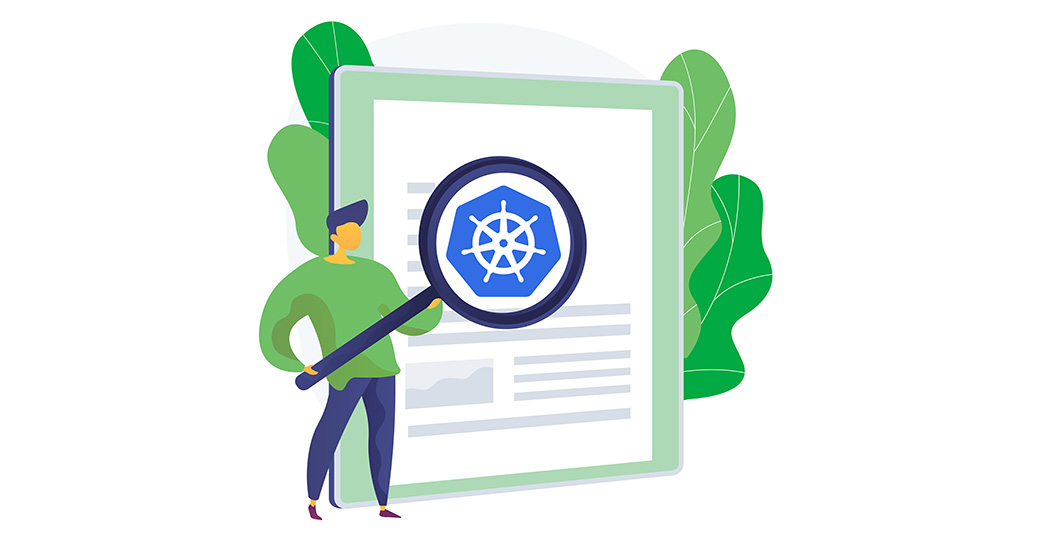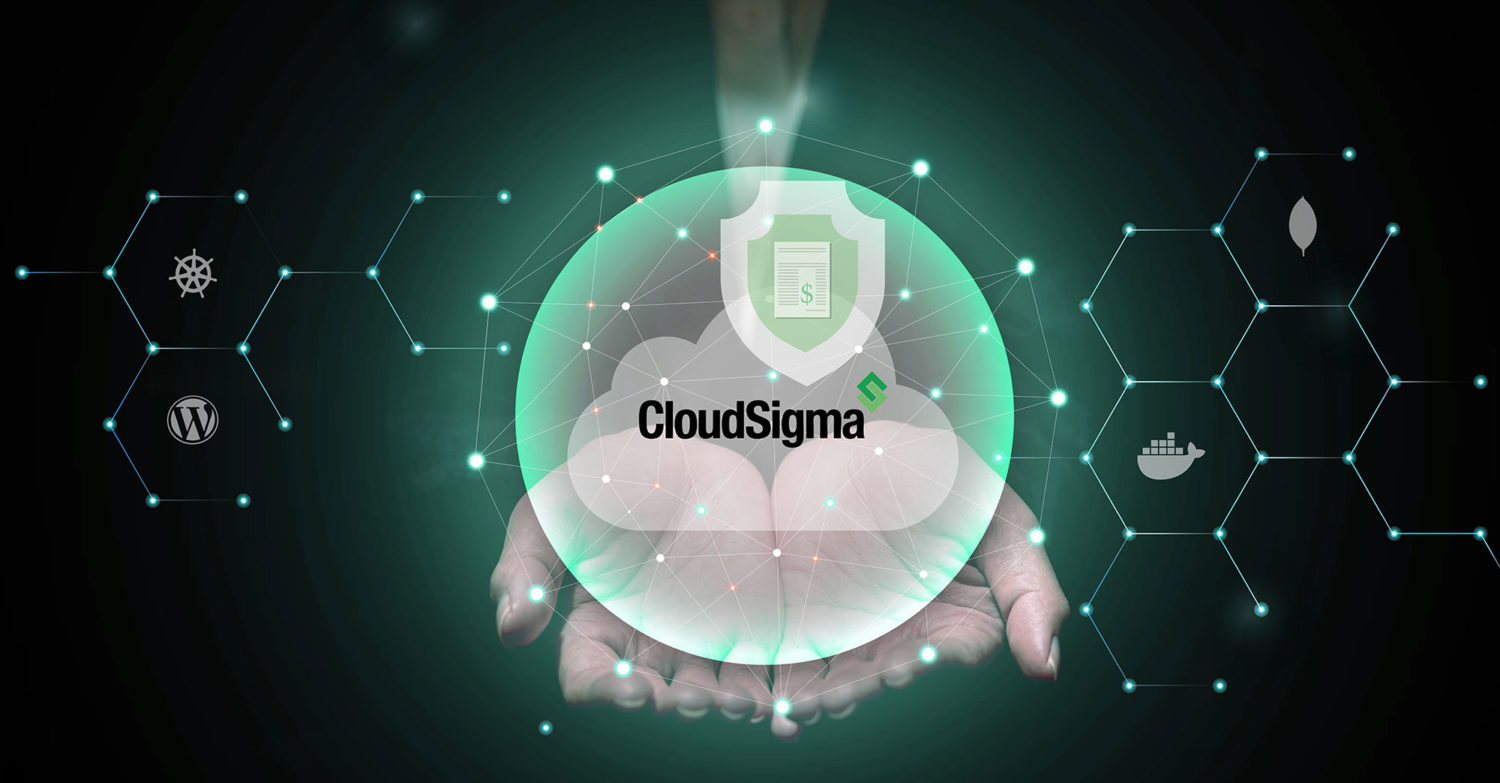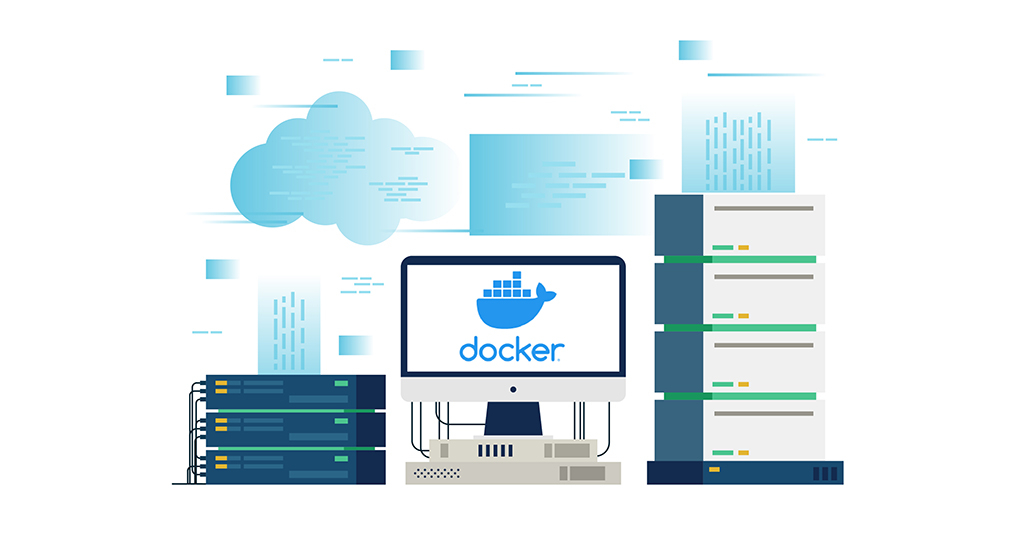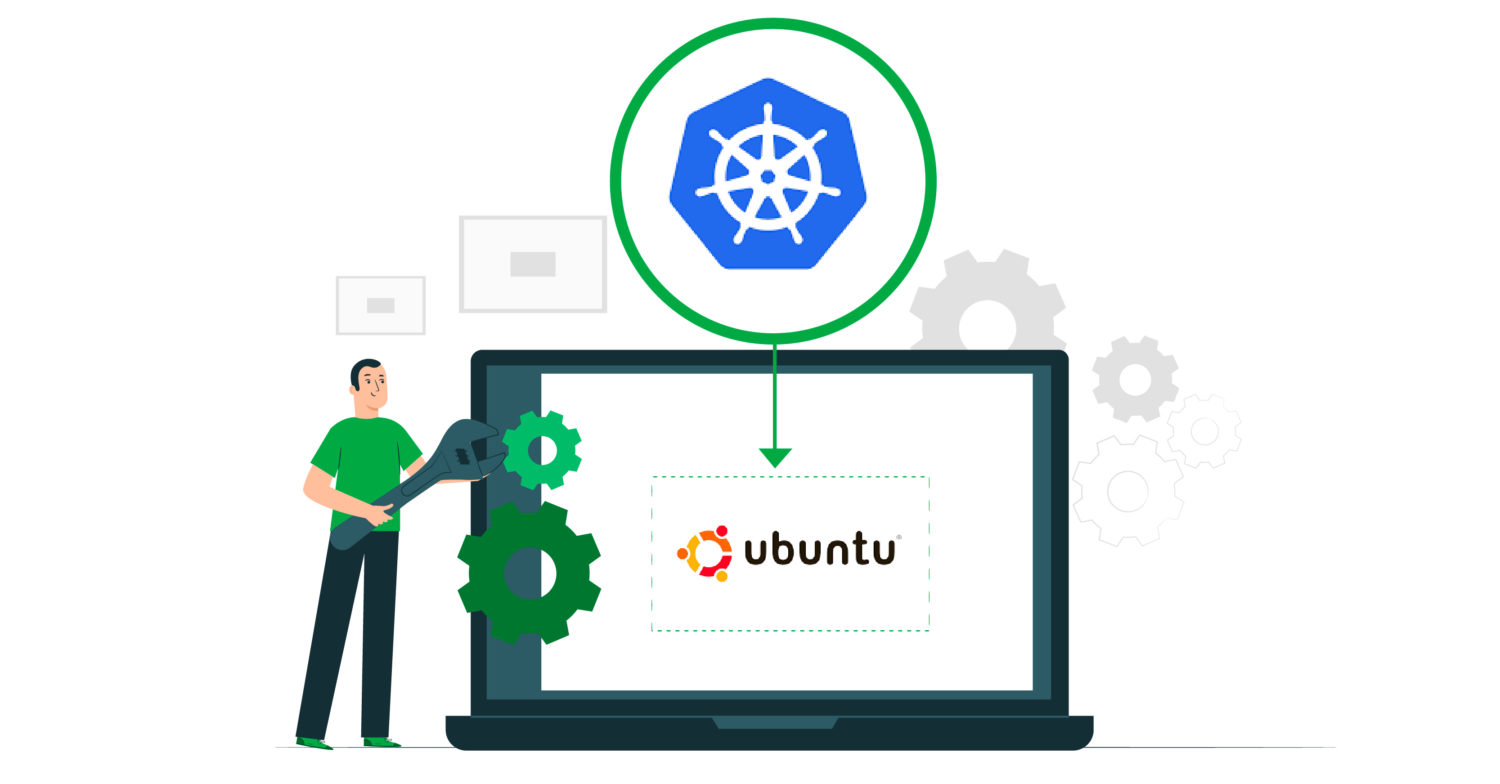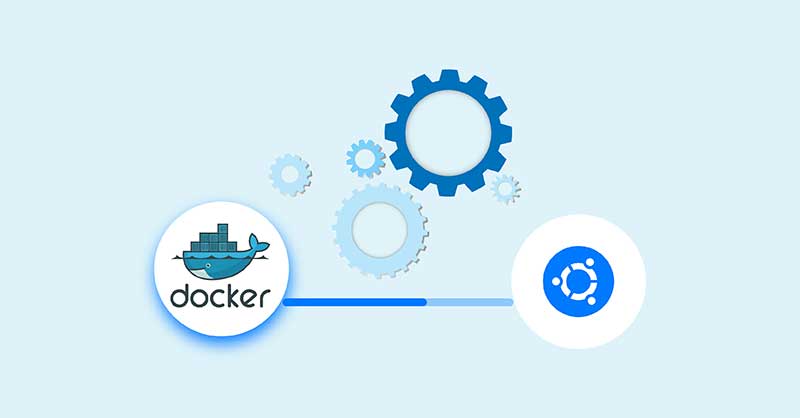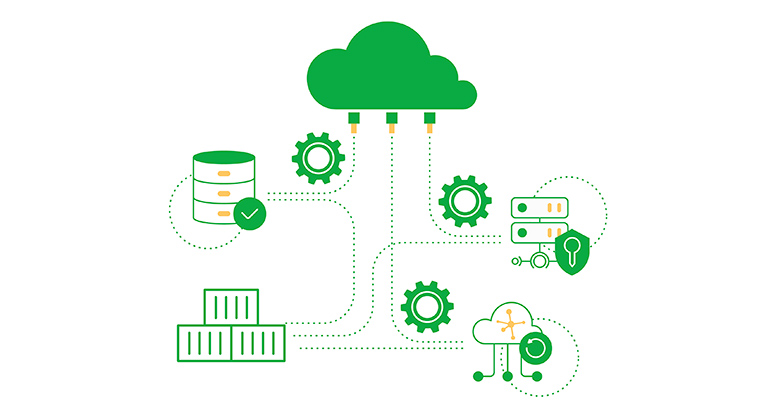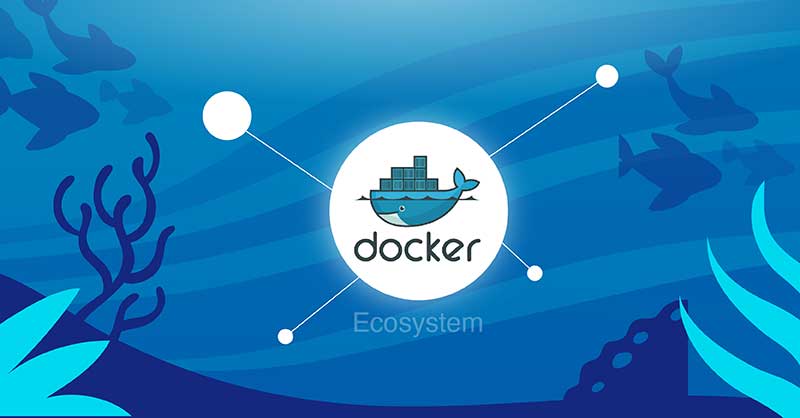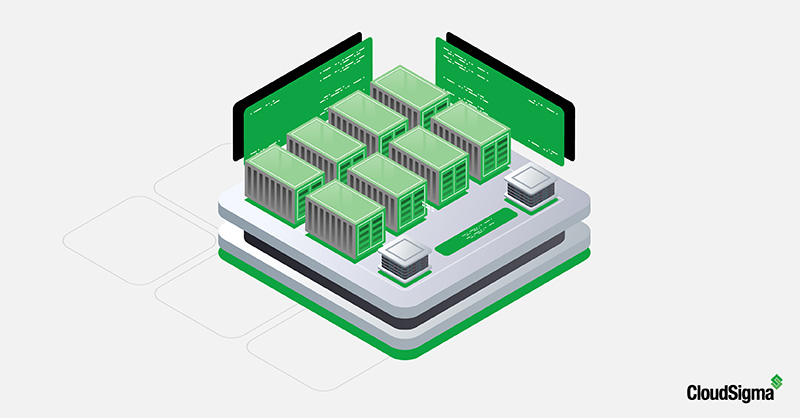Django is a high-level open-source Python web framework that can help you build your Python application quickly. It encourages rapid development and clean, pragmatic design by following the model–template–views architectural pattern. Out of the box, the framework comes with the necessary modern application components such as user authentication, caching framework, object-relational mapper, URL Dispatcher, template system, and customizable administrative interface. …
Using CloudSigma PaaS to Shift Java Applications into Containers
For the longest time, application development and management were completely dependent upon physical infrastructure. As businesses looked to host multiple applications on a singular hardware system, virtualization solutions like hypervisors were introduced. A hypervisor, also known as a Virtual Machine Monitor (VMM), is software that creates and runs Virtual Machines (VMs). The hypervisor will allocate resources to each guest or …
Kubernetes DNS Service: A Beginner’s Guide
Kubernetes, also known as K8s, is an open-source orchestration system for automating deployment, scaling, and managing containerized applications. Its portability, flexibility, and automatic scaling capabilities make it an extensively used system. Above all the standout features, the option to create DNS records for services and pods makes it unbeatable from other software systems. Kubernetes DNS service allows you to contact …
Working with Docker Data Volumes on Ubuntu 20.04
Introduction Docker Data Volumes is an important concept when containerizing your applications. Knowing this concept is vital for ensuring the best experience of your containerized application along with reliable persistence and data management. However, while this concept is important, it is also confusing and complex for many developers. It is important for developers and DevOps specialists to be able to …
How To Troubleshoot and Inspect Kubernetes Networking
Kubernetes is an open-source tool that is crucial in container orchestration. Kubernetes helps in orchestrating and managing clusters at scale across various cloud environments or even on-premise servers. A cluster is a set of hosts meant for running containerized applications and services. A cluster needs a minimum of two nodes to work – one master node and a worker node. …
Is PaaS Platform Lock-In a Hidden Threat to Your Business?
Platform-as-a-service (PaaS) offerings can be a powerful solution to the problem of scarce resources. By removing the complexity of managing underlying infrastructure and development environments, they make it possible to write, test and deploy new applications fast and efficiently. Since speed to market is now a key competitive differentiator, PaaS is a choice that can deliver a market advantage. The …
Sharing Data between Docker Containers
Introduction Docker is a container platform that is a lightweight, virtualized, portable, software-defined standardized environment that allows the software to run in isolation of other software running on the physical host machine. Docker is a defining component of the Continuous Development and Integration aspect of Software Development. By providing a consistent run-time environment, Docker ensures that software behaves the same …
How to Install and Use Kubernetes on Ubuntu 20.04
Introduction Kubernetes is an open-source tool that is crucial in container orchestration. Kubernetes works by orchestrating and managing clusters at scale across various cloud environments or even on-premise servers. A cluster is a set of hosts meant for running containerized applications and services. A cluster needs a minimum of two nodes to work – one master node and a worker node. Keeping …
How to Install and Configure Docker Compose on Ubuntu 20.04
Introduction Containerization has greatly picked up momentum in the software tech space over recent years. This can be attributed to Docker which is a container platform that simplifies the management of processes inside containers. Containers are lightweight, virtualized, portable, software-defined standardized environments that allow the software to run in isolation from other software running on the physical host machine. This …
Using a Singular Platform to Host and Manage Containers and Virtual Machines with CloudSigma
Both virtual machine (VM) technology and container technology are crucial for cloud computing. These are virtualization tools that are designed to make the cloud hosting environment much more portable and user-friendly. Each of these technologies has its unique characteristics that determine its specific pros and cons. However, in recent years more and more companies have started to turn towards containerization. …
What is Docker? An Overview of the Docker Ecosystem
Introduction If you dabble in the world of programming, then you may be familiar with the term ‘containerization’. If not, containerization is a process that helps make applications more manageable. It works by allowing the programmer to distribute applications in organic, portable packages. Each package is lightweight and isolated, complete with its own environment. These individual packages are known as …
Containerization Technology: Types and Uses of Different Containers on CloudSigma’s PaaS Platform
Container technology provides a way for you to package your applications. You can put it into individual packets that are functionally capable and independent. CloudSigma’s Platform-as-a-Service solution (PaaS) offers two different types of containers: system containers and application containers. Let’s explore what each of these are, how they work, and where you can use them. What are System Containers? System …
